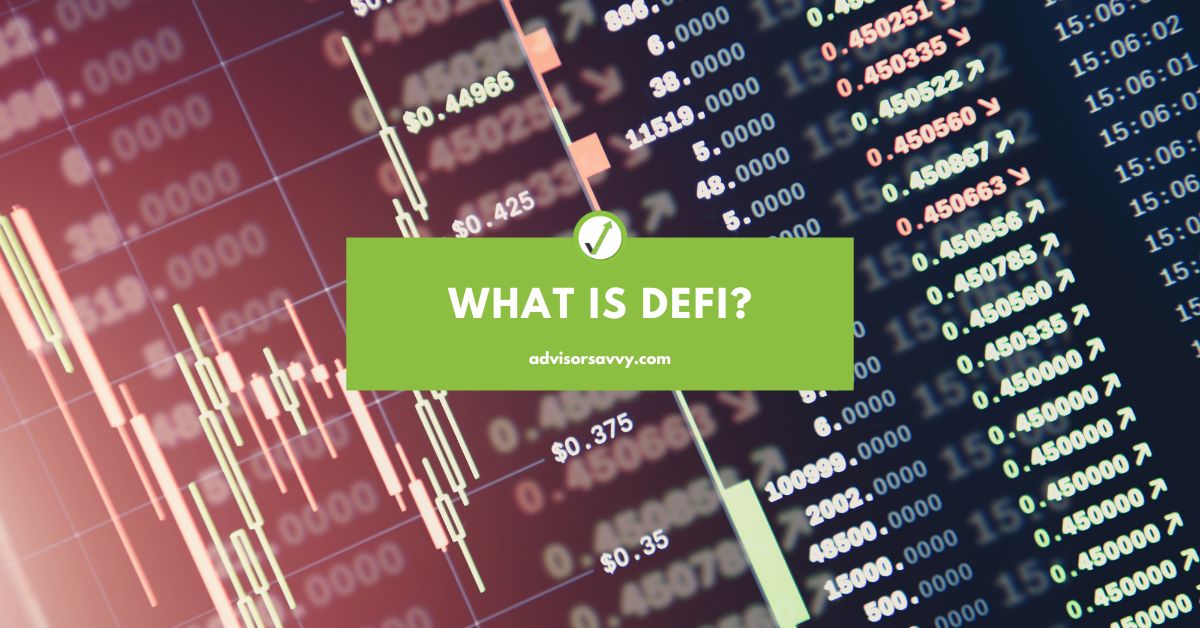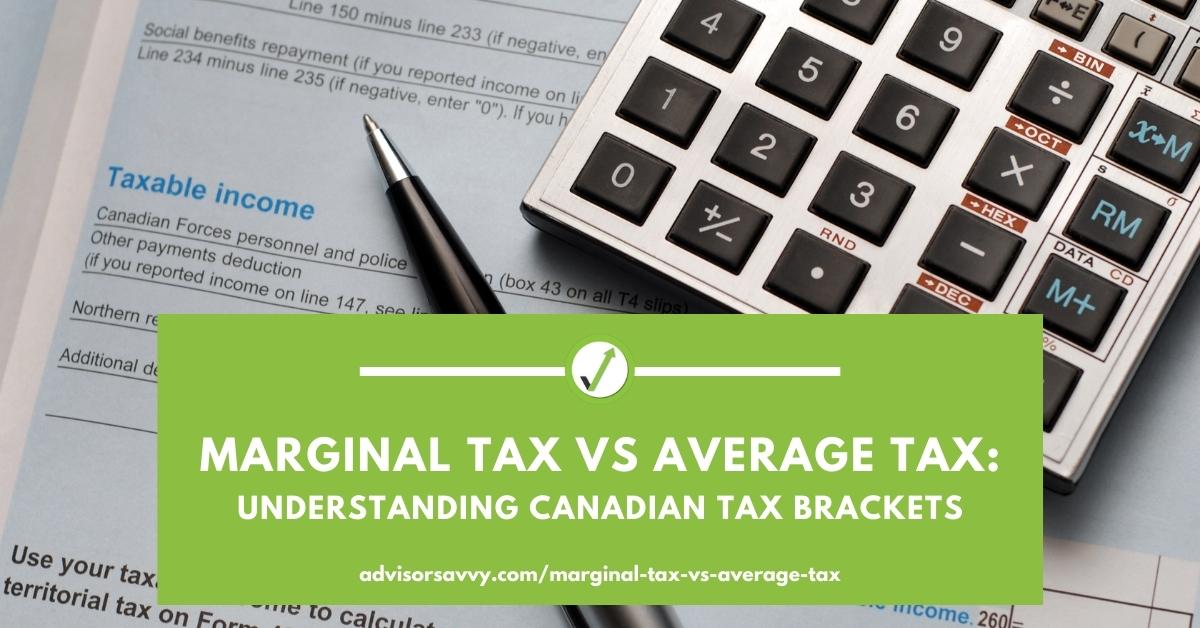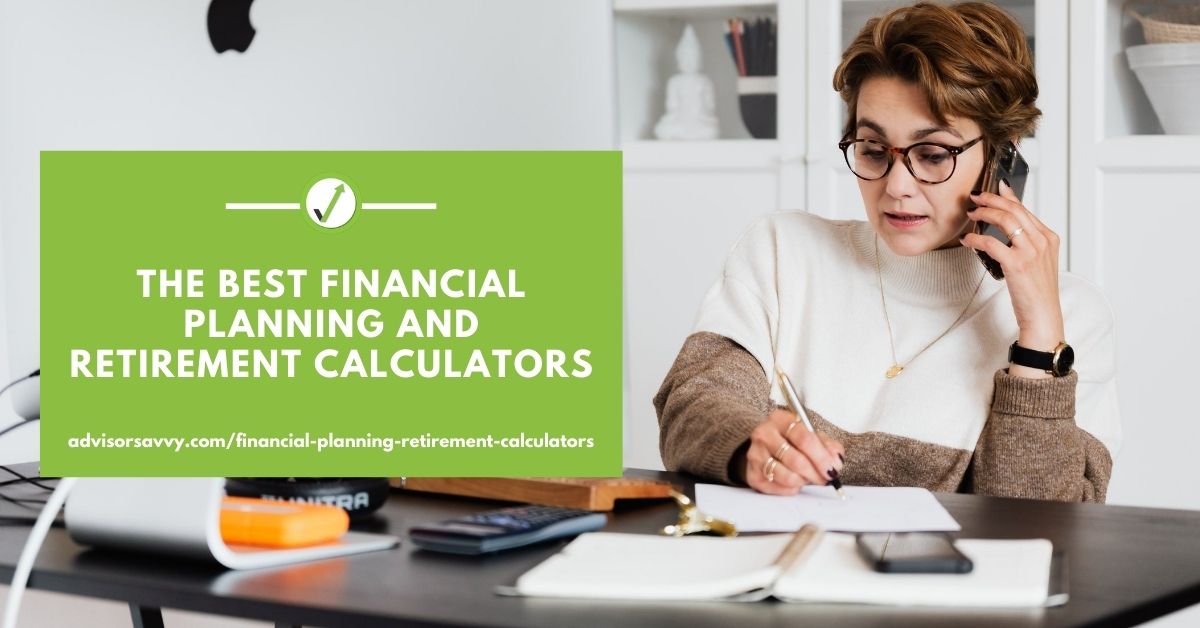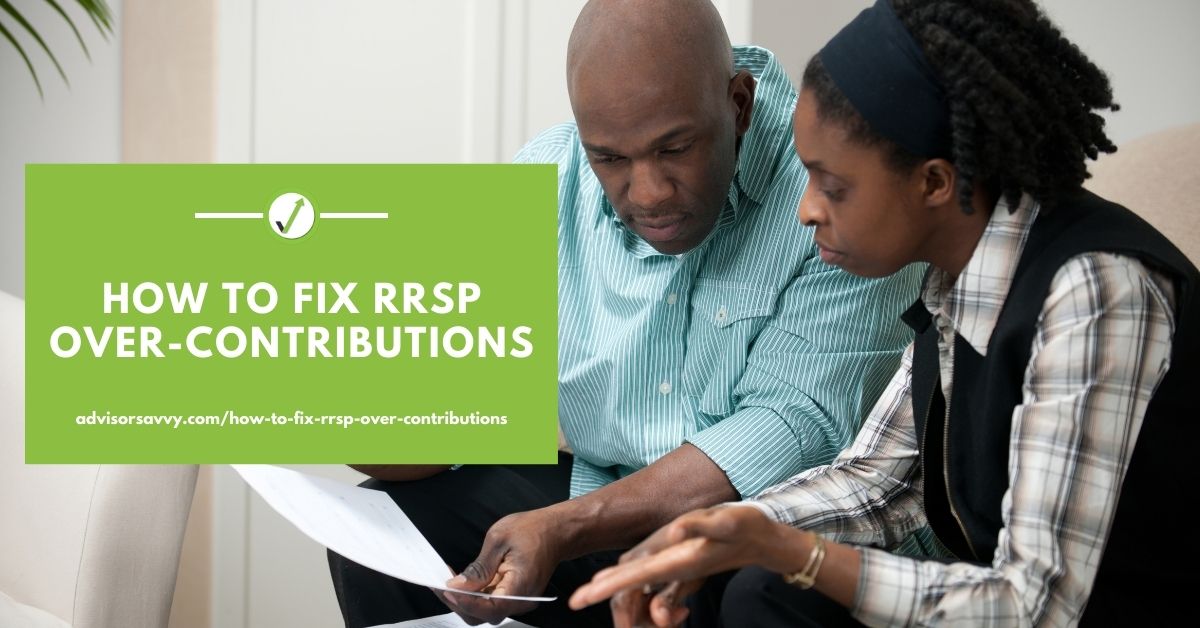What is DeFi?
Ever wondered why nobody questions the traditional investment or loan landscape? It feels like banks have overarching power and control, permitted the privilege to dive deep into your history and reject you based on stringent policies.The world of DeFi stands up to the limitations of traditional lending. But what is DeFi lending and how does it work with cryptocurrency? Keep reading to find out! What is DeFi? DeFi is a decentralized financial system. Hang on, are we talking about Bitcoin or other cryptocurrency here? In a way, yes, but DeFi is the bigger picture. DeFi encompasses all financial services performed on a decentralized system, often a blockchain. Imagine conducting your regular day-to-day banking through Ethereum. We’re talking mortgages, personal loans, savings accounts, insurance policies, and pretty much any other financial service as an alternative to traditional banking. Your mind might wander to Coinbase and other cryptocurrency exchanges, but that’s not quite DeFi. Instead, DeFi takes on the ambitious goal of
Continue reading



















